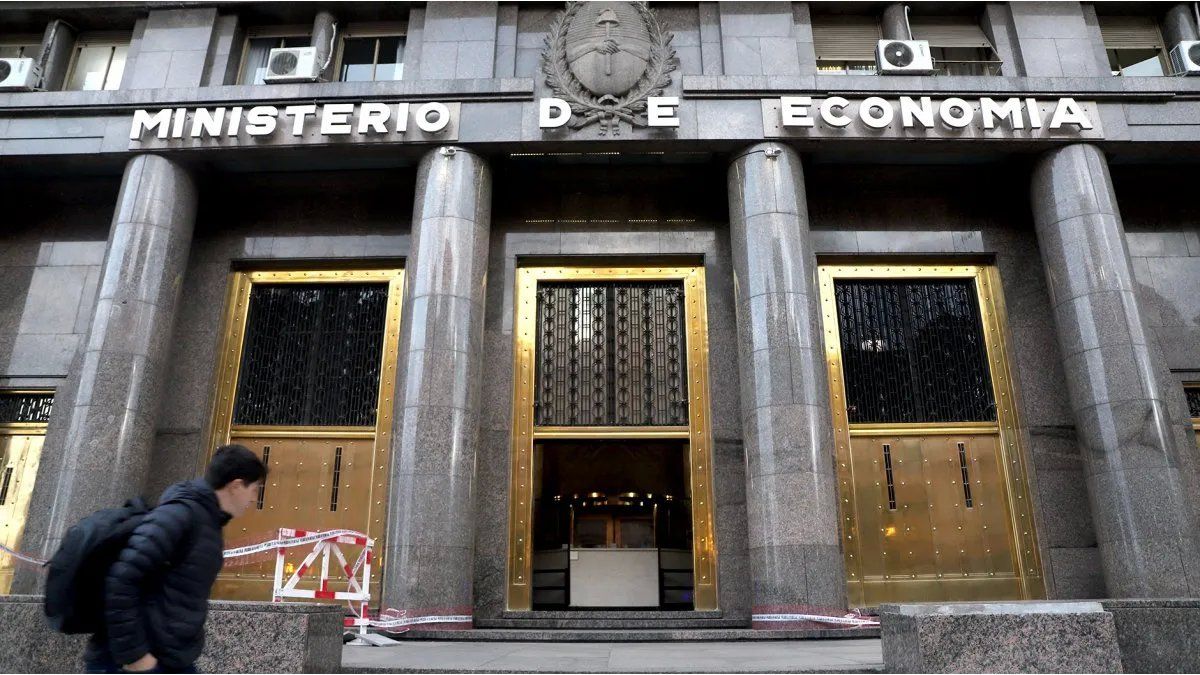The Ministry of Economy goes out to look for pesos in the local market and, to achieve that objective, it called for a tender for financial instruments that included the LECAP.
He Ministry of Economy goes out to look for pesos in the local market and, to achieve that objective, he called a tender for financial instruments among which stands out the return of the LECAPwhich have not been offered to the market since 2019.
The content you want to access is exclusive to subscribers.
It is about the Capitalizable Treasury Bills in Pesoswhich are direct financing titles to the National Treasury to short term and attractive interest rate.


You can invest in LECAP by participating in the primary tenders (financing directly to the National Treasury) or purchasing them in the secondary market through a stock broker.
The Secretary of Finance called for bidding tomorrow for a combination of financial instruments, among which are LECAP with vstart date in January 2025 and fixed rate to be tenderedalong with zero-coupon BONCER bonds (tied to the inflation coefficient) and the BONTE (Treasury Bonds).
When were the LECAPs used?
The LECAP were used for the last time by the former Minister of Finance Hernan Lacunza in August 2019, when the Government of former President Mauricio Macri had just a few months left in office: at that time, the current Minister of Economy, Luis Caputo, was president of the Central Bank.
At that time, it was established that the Institutional investors would collect only 15% of their bond holdings under Argentine law (LETES or LECAP) to the expiration; another 25% three months later and the remaining 60% six months after the original date.
Furthermore, the restructuring of dollar bonds issued under Argentine and foreign law, which was finalized in 2020, during the administration of Alberto Fernández.
For the former Minister of Economy Martín Guzmán that “reprofiling” of debt promoted by Lacunza “destroyed” the local debt market in pesos.
Source: Ambito
I am a 24-year-old writer and journalist who has been working in the news industry for the past two years. I write primarily about market news, so if you’re looking for insights into what’s going on in the stock market or economic indicators, you’ve come to the right place. I also dabble in writing articles on lifestyle trends and pop culture news.




